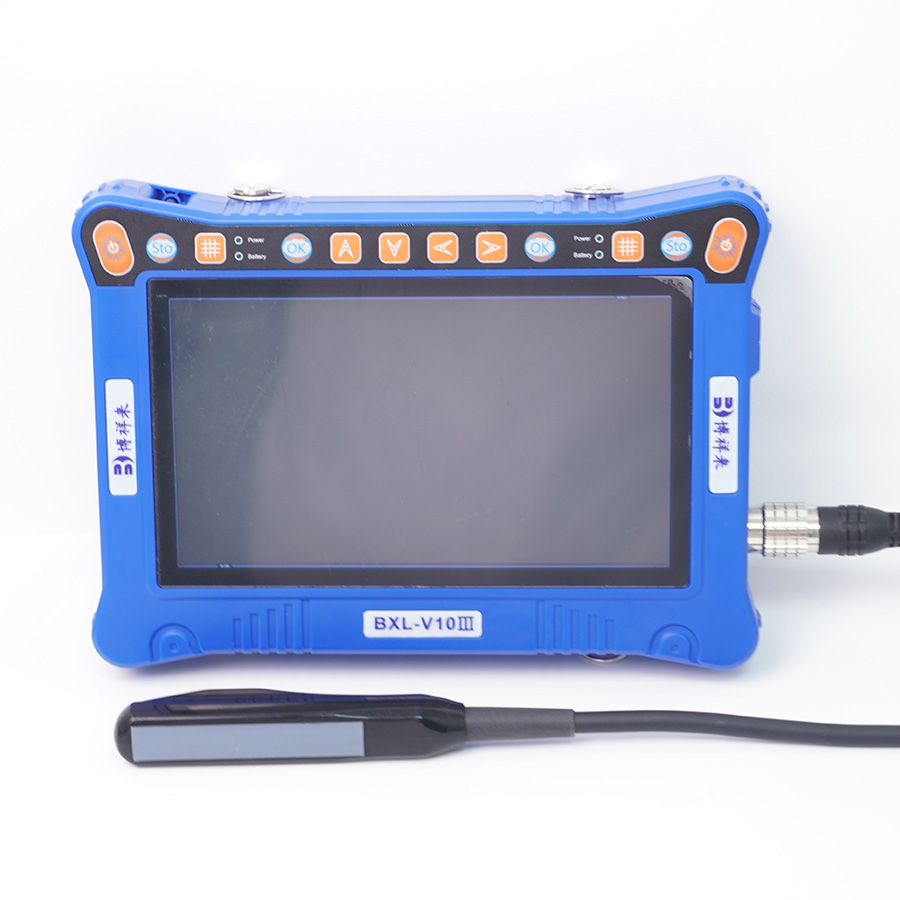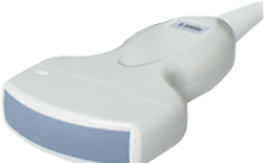When it comes to ensuring the health and well-being of your horse, diagnostic tools like ultrasound are invaluable. Whether you’re a professional in the equine industry or a passionate horse owner, understanding the cost of BXL horse ultrasounds is essential for budgeting and making informed decisions about your horse’s care. In this article, we’ll break down what BXL horse ultrasounds are, the factors that influence their cost, and what you can expect to pay.

What is a BXL Horse Ultrasound?
A BXL horse ultrasound is a type of diagnostic imaging tool used to assess various parts of a horse’s body, particularly soft tissue structures like muscles, tendons, ligaments, and internal organs. Ultrasound uses high-frequency sound waves to create real-time images of the horse’s internal structures, helping veterinarians diagnose injuries, conditions, and potential health issues that are not easily visible through external examination.
BXL refers to a specific model or brand of ultrasound equipment used in equine medicine, known for its precision and reliability in diagnosing soft tissue injuries, joint problems, and abdominal issues in horses.
Factors Affecting the Cost of a BXL Horse Ultrasound
The cost of a BXL horse ultrasound can vary widely depending on several factors. Understanding these factors can help you plan for the expense and avoid any surprises when it comes time for your horse to undergo an ultrasound procedure.
1. Location
The cost of veterinary services can vary greatly depending on where you are located. Veterinary clinics in urban or high-cost living areas may charge more for ultrasound services compared to rural regions. Additionally, if your horse needs to be transported to a specialized clinic, this could add additional costs.
2. Type of Ultrasound
There are different types of ultrasound procedures based on the area of the horse’s body being examined. For example:
- Tendon and ligament ultrasounds tend to be more specialized, as these areas require detailed imaging.
- Abdominal ultrasounds to check organs like the liver, kidneys, and intestines can be more expensive due to the complexity and time required for the procedure.
- Reproductive ultrasounds may also be priced differently depending on whether the mare is pregnant or if you’re seeking fertility evaluations.
3. Veterinary Expertise
The level of expertise required to perform the ultrasound can also influence cost. A highly experienced veterinarian or specialist in equine diagnostics may charge more for their time and expertise. Some equine clinics may also charge extra for an initial consultation or if advanced diagnostic work is required.
4. Size of the Procedure
The cost can also depend on the complexity of the ultrasound. For example, a quick scan for a simple tendon injury may cost less than a full-body examination or a complex evaluation for an internal injury.
5. Emergency or After-Hours Services
If your horse requires an ultrasound outside of regular office hours or in an emergency situation, expect to pay a premium for the service. After-hours rates are often higher, as is the case with any emergency veterinary service.
Average BXL Horse Ultrasound Costs
On average, you can expect the cost of a BXL horse ultrasound to range between $300 and $600, depending on the factors mentioned above. For specialized exams, such as detailed abdominal ultrasounds or more intricate tendon evaluations, the cost may be higher, potentially reaching up to $1,000 or more.
For routine cases, such as monitoring the healing of a soft tissue injury or checking for minor issues, the cost tends to be on the lower end of the scale. However, keep in mind that some clinics may offer package deals or discounts for regular monitoring or follow-up ultrasounds.
Cost Breakdown:
- Basic ultrasound for tendon or ligament check: $300 - $500
Abdominal ultrasound: $400 - $800

- Full diagnostic ultrasound (including multiple areas): $600 - $1,200+
- Emergency or after-hours ultrasound: Up to $1,500 or more
Is the Cost Worth It?
While the cost of a BXL horse ultrasound can seem high, the benefits often outweigh the price. Early detection of injuries or illnesses can save you money in the long run by preventing more serious issues from developing. Additionally, an accurate diagnosis helps ensure the right treatment plan, improving your horse’s recovery time and overall health.
Ultrasounds are also invaluable in monitoring ongoing conditions, such as tendon injuries, which require precise tracking to ensure proper healing. For horses that participate in competitive sports, regular ultrasounds may be an investment in their future performance and longevity.
How to Save on Ultrasound Costs
If you’re concerned about the cost of a BXL horse ultrasound, there are a few ways to potentially reduce the expense:
- Shop Around: Different clinics may offer varying prices. It’s a good idea to inquire about costs from multiple vets before committing.
- Insurance: Check with your equine insurance provider to see if ultrasound procedures are covered under your policy. Many equine insurance plans cover diagnostic imaging as part of their standard offerings.
- Preventive Care: Regular checkups and monitoring may help you identify problems early before they require expensive treatments or ultrasounds.
tags: Horse UltrasoundBXL Horse UltrasoundHorse Ultrasound Cost


